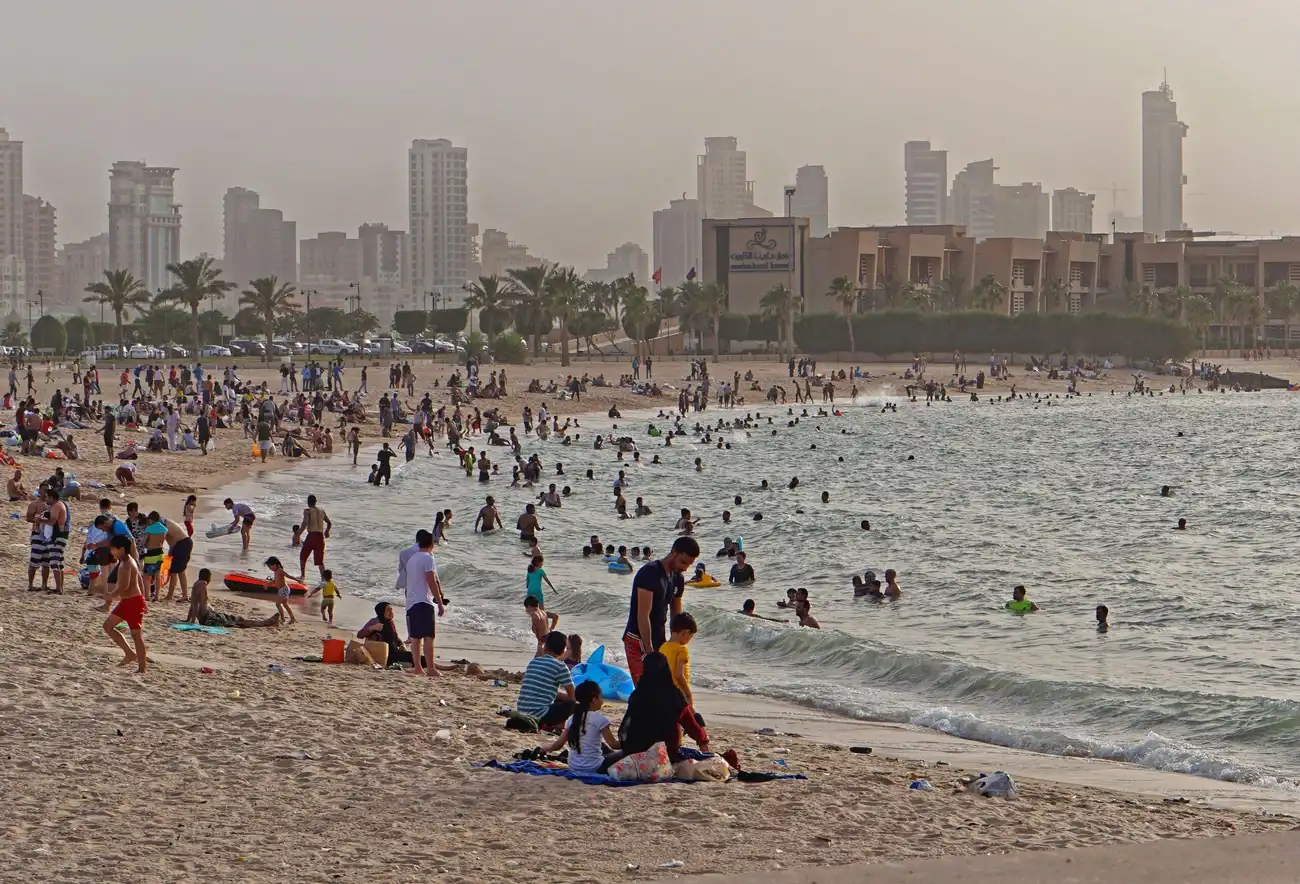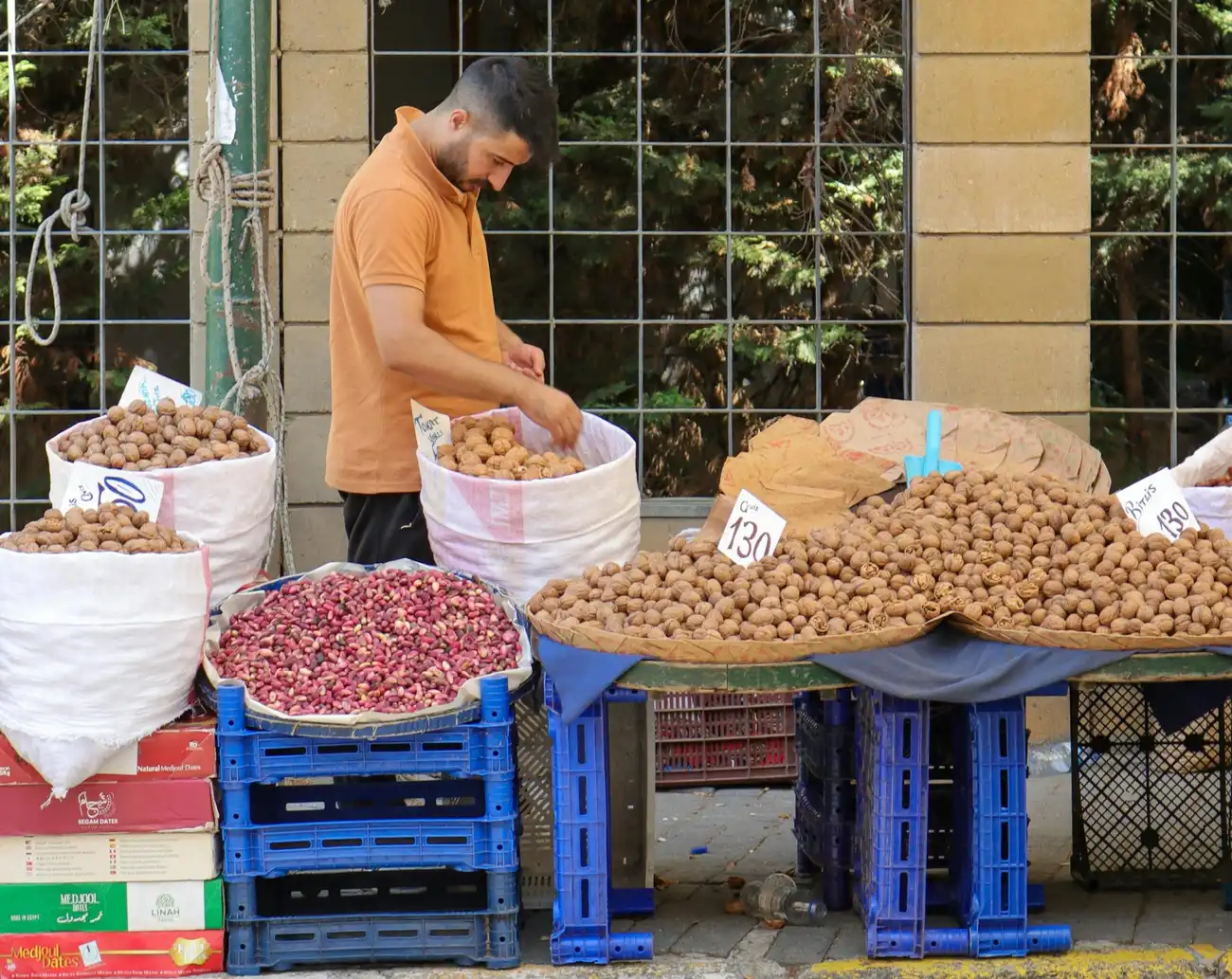Turkish citizens are increasingly relying on credit cards for purchases abroad, as inflation and rising taxes make shopping at home less affordable.
According to a new report from the Interbank Card Centre (BKM), Turkish consumers used their credit cards for more than 380 million overseas transactions last year, amounting to $11.5 billion in spending.
The trend gained further momentum in January, with overseas transactions rising by more than 10% year-on-year and total spending surging by nearly 70%.
Turks Travel More, Spend Even More
The surge in card spending is partially driven by a record number of Turks traveling abroad. Data from TÜİK, Turkey’s state statistics agency, shows that Turkish citizens made 11 million foreign trips in 2024, marking a 4% increase from the previous year. However, the rise in spending abroad has significantly outpaced the growth in travel itself.
Economic expert Birol Aydemir, former head of TÜİK, notes a shift in shopping patterns due to Turkey’s high inflation and a strong lira.
“We used to see Bulgarians and Greeks coming to Turkey to shop. Now, the trend has reversed—it’s the Turks heading abroad for better deals,” Aydemir told AGBI.
Shopping Abroad Becomes More Attractive
Higher taxes and import duties on goods purchased within Turkey, combined with ongoing inflation, have pushed more consumers to shop overseas—even for everyday items like smartphones.
“The foreign exchange rate plays a major role. Domestic inflation is much higher than the official figures suggest. While prices inside Turkey continue to climb, the lira’s value remains stable, making imported goods relatively cheaper,” Aydemir explained.
Impact on Tourism and Foreign Spending in Turkey
The effects of Turkey’s strong lira and rising prices are also being felt in the tourism sector, which has seen a slowdown in spending by foreign visitors despite record-high arrival numbers.
Turkey welcomed 49 million foreign tourists in 2023 and 53 million in 2024, yet the total amount spent on credit and debit cards by visitors grew only modestly. In 2024, foreigners made 149 million transactions, spending $13 billion, a slight increase from the previous year.
“Tourism is struggling as costs rise. Prices today are much higher than they were two years ago, especially when compared to European destinations,” Aydemir noted.
“If we analyze pricing parity from two years ago to now, Turkey has become significantly more expensive.”
While tourism numbers remain strong, the changing spending habits of both Turkish citizens and foreign visitors suggest that inflation and economic policies are reshaping consumer behavior both at home and abroad.







